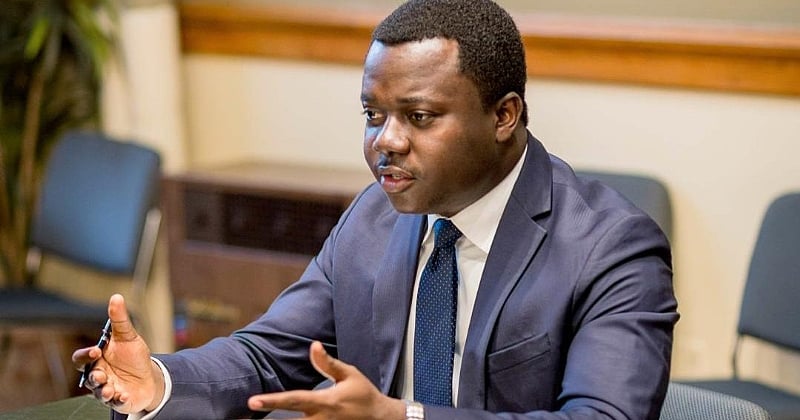The recent reshuffle within the Ghana Armed Forces (GAF) initiated by President John Dramani Mahama has sparked significant controversy, particularly attracting strong criticism from Rev. John Ntim Fordjour, Member of Parliament for Assin South. Fordjour has publicly voiced his deep concerns regarding the leadership changes, characterizing them as “disruptive and risky” and expressing apprehension about their potential implications for the military’s independence and operational effectiveness. He has announced his intention to summon the Ministers of Defence and Interior before Parliament to provide a comprehensive explanation and justification for the reshuffle, emphasizing the need for transparency and accountability in this critical matter of national security. Fordjour’s strong reaction underscores the delicate balance between civilian control and military autonomy, a principle that underpins democratic governance and stable civil-military relations.
Fordjour’s primary concern revolves around the potential erosion of the GAF’s independence as a result of the reshuffle. He argues that such significant changes in leadership, particularly if perceived as politically motivated, could undermine the military’s ability to function as a neutral and professional institution. This concern is rooted in the fundamental democratic principle of civilian control over the military, which necessitates a clear separation of powers and responsibilities between the civilian government and the armed forces. Maintaining this separation is crucial for preventing the politicization of the military and ensuring its adherence to constitutional mandates. Fordjour’s call for parliamentary scrutiny of the reshuffle reflects his desire to safeguard this principle and prevent any actions that could jeopardize the GAF’s autonomy.
Adding weight to his criticism, Fordjour has drawn a parallel between President Mahama’s actions and the practices of military juntas and coups. He argues that the sweeping nature of the reshuffle resembles the abrupt and often politically motivated changes in military leadership that typically occur during periods of military intervention in civilian governance. This comparison, while stark, highlights Fordjour’s concern about the potential concentration of power and the disregard for established procedures, both of which could have far-reaching implications for democratic governance and the rule of law. He contends that such actions, even if unintentional, could create a perception of instability and undermine public trust in both the military and the civilian government.
Fordjour’s argument hinges on the importance of respecting the democratic mandate received by the government through the ballot box, as opposed to exercising power through extra-constitutional means. He emphasizes that the legitimacy of the government derives from the will of the people expressed through elections, not from the control of military force. By likening the reshuffle to actions taken by military regimes, he implicitly suggests that the president is overstepping his authority and acting in a manner inconsistent with democratic principles. His statement, “Ghanaians gave you votes; they didn’t give you guns,” underscores this point, emphasizing the importance of upholding civilian control over the military and respecting the democratic process.
The planned summoning of the Ministers of Defence and Interior to Parliament represents a crucial step in addressing the concerns raised by Fordjour and other critics of the reshuffle. This parliamentary inquiry will provide a platform for the government to explain the rationale behind the changes and to address the concerns about potential disruptions to the GAF’s operations and its independence. The ministers will be expected to provide detailed justifications for the specific changes made, outlining the criteria used for selecting new appointees and demonstrating that the process was conducted in a transparent and meritocratic manner. This scrutiny will also serve as an important check on executive power, ensuring that decisions related to national security are subject to democratic oversight and accountability.
Ultimately, the controversy surrounding the GAF reshuffle highlights the delicate balance that must be maintained between civilian control and military autonomy in a democratic society. Fordjour’s strong reaction and his call for parliamentary scrutiny reflect the importance of safeguarding this balance and ensuring that any changes in military leadership are carried out in a manner that upholds democratic principles, respects the chain of command, and maintains the professionalism and operational effectiveness of the armed forces. The outcome of the parliamentary inquiry will be crucial in determining whether the reshuffle is perceived as a legitimate exercise of civilian authority or as an act that potentially undermines the independence and integrity of the GAF.


